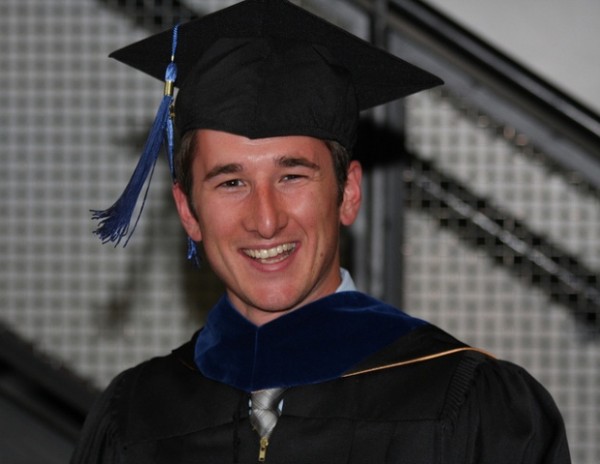Number of years of Education Influences One's Ability to Recover from Brain Injuries: Study

The more you are educated, the higher is your capacity to recuperate from serious brain injuries, according to a study.
The severity of brain damages resulting from accidents and head injuries can have temporary or lasting effects on individuals. Brain injury victims most likely suffer from loss of memory, understanding, information processing, consciousness, impaired language skills and also physical mobility. Experts believe very little can be done to offset the hazardous effects caused by the traumatic accidents.
Researchers from the John Hopkins School of Medicine in Baltimore found that an individual's level of education is associated with the ability to recover from traumatic brain injuries. Their study involved nearly 769 people with chronic brain injuries resulting from vehicle accidents and mishaps. Participants were around 23 years of age. The participants were followed for almost a year and experts kept a track of their hospitalization, emergency room admissions and post treatment consultation records.
These subjects were classified into groups based on their levels of education. It was found that 185 had not finished high school and about 390 people had 12 to 15 years of education that included high school and post secondary education. Only, 194 had 16 years of education or completed undergraduate degrees.
A year later, 28 percent of the total participants did not report having any major ailments and resumed to their studies or work. The observation revealed 39 percent of participants with a college degree recovered from the brain damage compared to 10 percent of the patients with high only school education. While 31 percent of those with post-secondary education regained health and did not have any permanent brain disabilities.
"People with education equal to a college degree were more than seven times more likely to fully recover from their injury than people who did not finish high school," said Eric B. Schneider, study author, researcher of Johns Hopkins and a member of the American Academy of Neurology in a news release.
The authors believe further investigation is needed to understand how education and the number of years of learning help safe guard the brain and affects one's adaptability after injury.
"Exploring these relationships will hopefully help us to identify ways to help people recover better from traumatic brain injury," added Schneider.
According to the data by the U.S. Centers for Disease Control and Prevention, traumatic brain injury related deaths in men and women have been increasing since 2001 and accounts for mortality rate of 823.7 per 100,000 people.
More information is available online in the journal Neurology.
Apr 24, 2014 08:16 AM EDT




